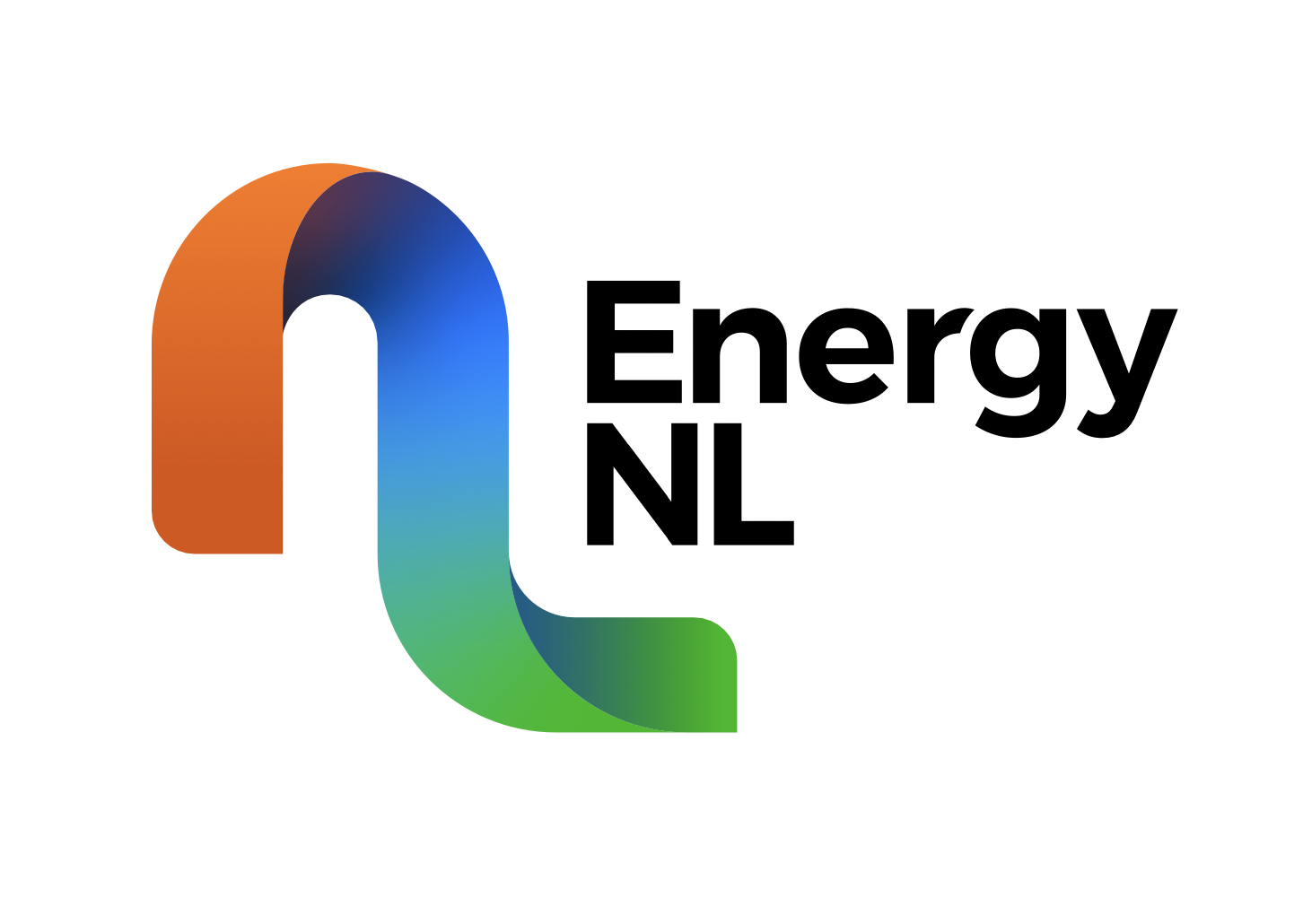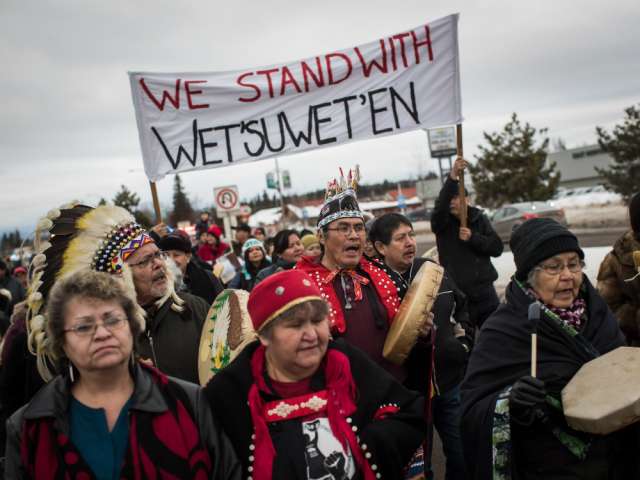From National Post
Crown-Indigenous Relations minister Carolyn Bennett said the proposed arrangement is about making sure ‘that this never happens again’
OTTAWA – After three days of meetings, a deal was struck Sunday between the federal and provincial governments and hereditary chiefs in Wet’suwet’en territory in northern, British Columbia. The terms of the deal are unclear at this point, but all sides indicated it is an important agreement that will address the current impasse and the broader issues at play.
Crown-Indigenous Relations minister Carolyn Bennett said at a news conference in Smithers, B.C, “We, I believe, have come to a proposed arrangement that will also honour the protocols of the Wet’suwet’en people and clans.
“What we’ve worked on this weekend needs to go back to those clans and then we have agreed as ministers that we will come back to sign if it is agreed upon by the nation.”
She said the proposed arrangement is about making sure “that this never happens again, that rights holders will always be at the table.”
Here’s what we know and what we don’t about the deal.
How did we get here?
In late January, RCMP officers moved in on a protest camp that had been blocking a key road and preventing the construction of the Coastal GasLink pipeline. That pipeline is part of a massive investment in British Columbia aiming to bring natural gas to the coast, liquify it, and then export it to markets in Asia.
The pipeline has the support of elected band council chiefs in the area, but is opposed by hereditary chiefs in the community
When the RCMP moved to remove protesters, blockades emerged on rail lines across the country in support of the Wet’suwet’en hereditary chiefs, grinding traffic to a halt.
Bennett and Indigenous Services Minister Marc Miller agreed to meet with the hereditary chiefs, but struggled to get that meeting until an agreement could be reached over the RCMP’s presence in the community.
After Prime Minister Justin Trudeau said negotiations had hit an impasse, police forces across the country have stepped in and cleared most of the railway blockades, but there is still an impact on freight traffic and VIA is only set to resume partial service between Montreal, Toronto and Ottawa on Tuesday.
Rail blockades in Quebec remained in place on Monday and Kenneth Deer, the secretary of the Mohawk Nation at Kahnawake, said the community would meet Monday evening to discuss whether to dismantle the blockade in place since Feb. 8.
What’s in the deal?
The details of the agreement are being kept under wraps for now. A news release said the three sides talked about both the Coastal Gas pipeline and the longstanding land claim issues over Wet’suwet’en territory.
In a two-decade old decision, the Supreme Court ruled that the Wet’suwet’en had title to their land, but didn’t define the claim and left it to governments to work out, something that hasn’t happened since.
The statement indicates they have come to a deal that will give the Wet’suwet’en people a full claim to their land.
Were elected chiefs involved in working out the deal?
The elected chiefs weren’t in the room as the deal was being worked on this past weekend, but it will now go to them and the broader community for ratification votes.
The elected chiefs head band councils in the area all supported the pipeline project and signed benefit agreements with the company.
The government says keeping the details of the deal secret is to ensure that community members get the first look at it, before it is released publicly.
Will the pipeline now get built?
Coastal GasLink welcomed the agreement and said they believe their project is still on track for being in service in 2023. The company said work would get underway on Monday in the disputed area of the project.
The company had paused for several days to allow the meetings to happen. They also said they would reach out to community members to discuss concerns around where the pipeline comes near an Indigenous healing centre.
Hereditary chief Woos, who is also known as Frank Alec, said they were still opposed to the pipeline, but they were prepared to keep talking.
“We are going to be continuing to look at some more conversations with B.C. and of course with the proponent and further conversation with the RCMP out on the territory,” Woos said. “It’s not over yet. We are just looking at more work in that area.”






